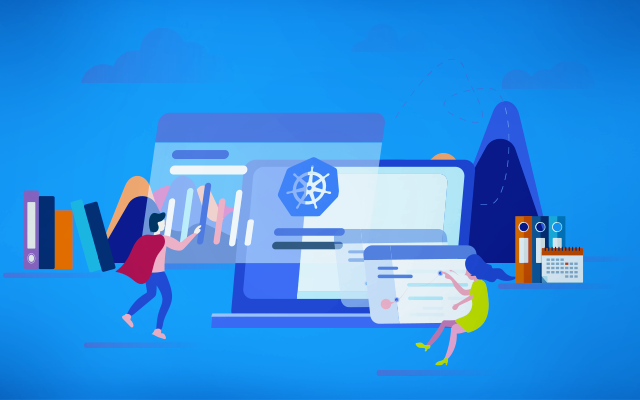This article describes how to combine elastic scheduling with ECIs to quickly respond to instantaneous computing power requirements.

This article presents two scenarios to illustrate how the elastic scheduling feature helps enterprises optimize resource allocation, reduce costs, and enhance efficiency.

This article delves into the reasons why Serverless can significantly improve resource utilization.

This article thoroughly discusses Flink fine-grained management applicable scenarios.

This article explains the importance of Resource Scheduling through various scenarios.

This article explains Cluster Scheduling and the main ideas and basic principles of data center architecture design.

This article introduces the upcoming Alibaba Cloud ECS instances and reviews the capabilities of Alibaba Dragonwell.

This article introduces hybrid resource scheduling in complex task scenarios and discusses how ASI Scheduler manages Alibaba's computing resource scheduling tasks.

This article gives an overview of OpenKruise v0.7.0.

This article explains how to set a whitelist for dynamic Pod IPs in container scenarios.

This article explains why serverless is the future of cloud computing in terms of its value to enterprises and cloud vendors.

This article explores Flink resource management mechanism from three aspects: basic concepts, current mechanisms and policies, and future development directions.

This article introduces the evolution of container management systems and discusses the best practices of using Apache Flink on Kubernetes.

This article describes two key aspects of the Flink job execution process. It describes how to go from a program to a physical execution plan and how ...

This article describes the new features, improvements, and important changes of Flink 1.11 and Flink's future development plans.

Li Jinsong and Li Rui, Alibaba Technical Experts, talk about the features, revisions, and improvements of Apache Flink 1.11.
